“A wisely chosen internship will extremely expand your skills”
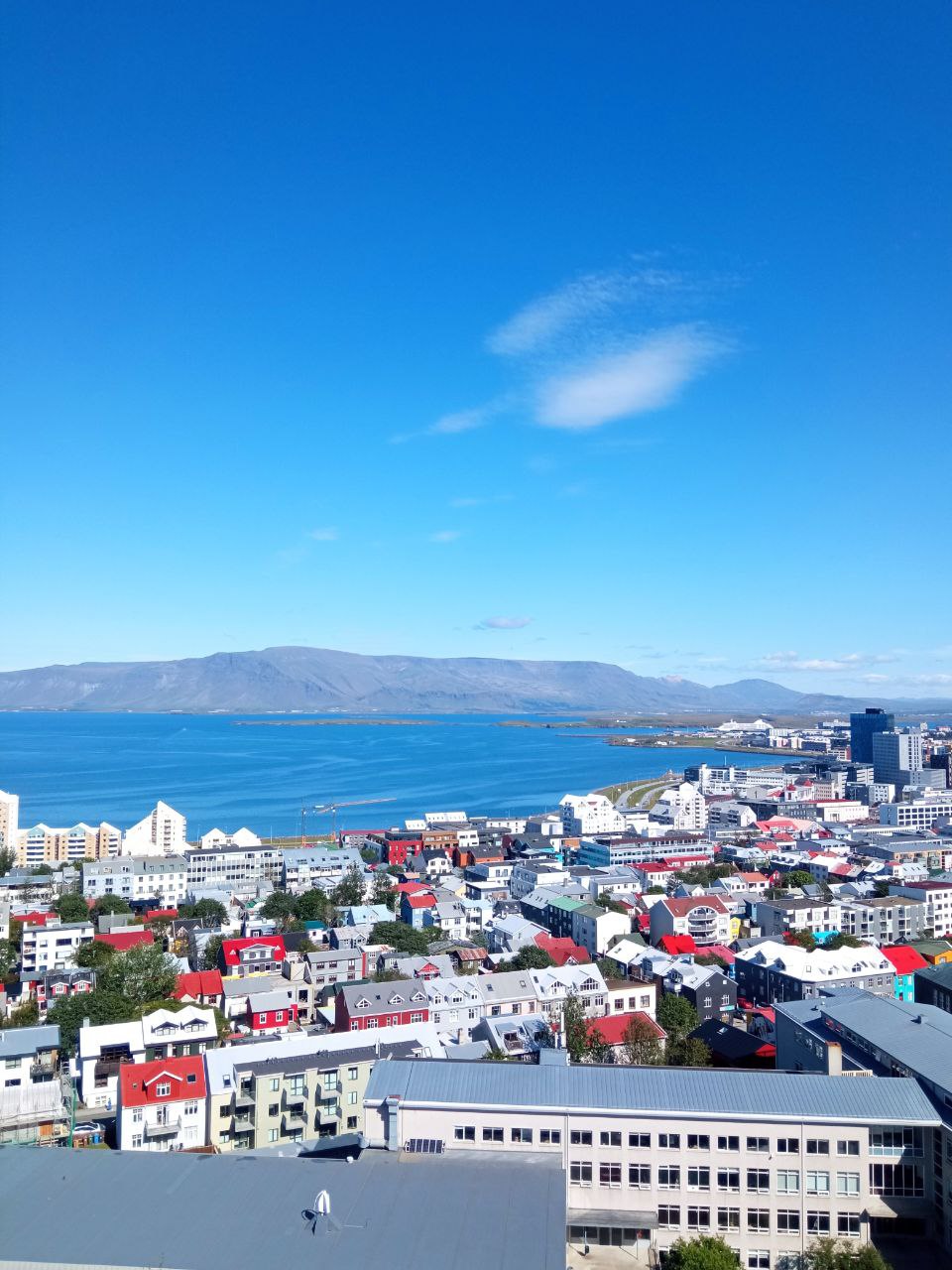
Olesia Terletska, VMU alumna (Education Management programme, 2021 – 2023) // Erasmus+ recent graduate traineeship in Iceland, Reykjavik University
When the end of your studies is somewhere around the corner, you naturally start to reflect on what you have achieved, what you have learnt and most importantly – what is next.
Luckily, I have discovered an Erasmus recent graduate traineeship programme, which supports the student’s exploration even after graduation. This programme allows you to go abroad for a professional internship related to your studies programme after graduation. It is an opportunity to develop skills working in a multicultural environment and get an idea of working abroad.
The application process is quite similar to the application for Erasmus+ studies, but since you won’t study any subject but rather work, you have fewer documents to manage. It also provides financial support to cover some expenses of the internship.
Currently, I am soon to finalize my internship at Reykjavik University, where I went straight after my graduation from Vytautas Magnus University. And here I will present my own experience of participation in the programme and some tips based on it.
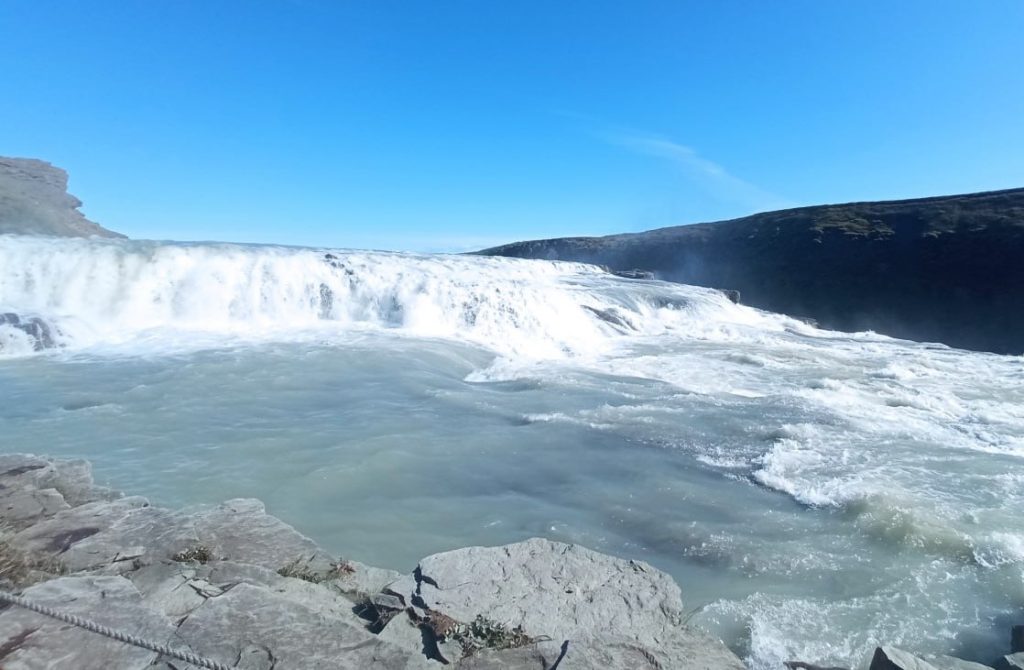
Field of interest
Your internship have to get a connection to the field of your studies. You might have more diverse interests or specific ones but it is important to narrow them down a bit, so you can have a better understanding of what you will look for.
Search for the organisation
The selection of the internship place was quite long for me since I was interested in quite a narrow field. I had to do very detailed research on the institutions which are conducting activities I was interested in and finally I got a list of 10 institutions around Europe, and started to contact each of them separately. Good tip – do not be shy to contact the organisation on that matter, even if no internship opportunities were mentioned on their website.
However, if your area of interest is more common, you can easily find your spot on erasmusintern.org. Be ready that you might find some organisations which request some fee for internship. Some organisations will accept you only if you are eligible for such a programme (hence, it will request a specific document from your international office).
Overall, a wisely chosen internship will challenge the knowledge obtained during the studies and will extremely expand your skills.
Selection of the organisation
After the “spamming” session to all institutions which I have included in my list, I have received two positive responses to my request to conduct an internship. And then I had a torture-like process of selection since both of them had some advantages and shortages.
It is a good idea to have an interview with your potential mentor to understand how you will communicate. Also, better to give notice that Erasmus programme often requires the preparation of some documents, which might be something unusual for private enterprises.
After the positive response from the scholarship competition, I started to prepare other documents like insurance, checking my possibility of staying in Iceland for a certain period of time, since it is a non-EU country.
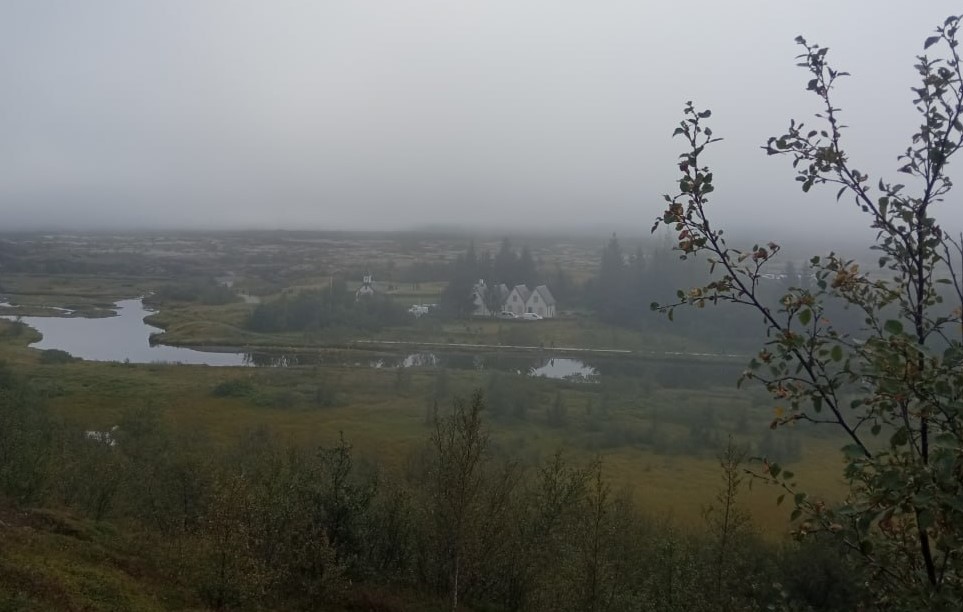
About the finances
The programme does not prohibit the receiving salary from the company you are applying to, but it should be mentioned in the documents. Carefully research all the financial aspects:
- Where are you going to live?
- Do you need some money for the deposit?
- Can the host organisation provide the accommodation or some support for its search?
- What are websites where you can look for accommodation in a new country?
- Is your host country expensive?
- What your expenses currently might look like in your host country?
The scholarship which you can obtain with the program come in handy here, but you should not forget that only 80% of the scholarship will be received before the start of the internship and the rest 20% after the internship is over and all required documents are presented.
What are useful resources? Foremost, google it. Search Facebook (but be careful with searching the accommodation over there, since there might be a lot of scams). Then to assess your expenses the Cost of Living Index (numbeo.com) will be useful. With accommodation in my case, I found a company which rents out accommodation for students which also requires to confirm student’s status or student project by a relevant document.
Also keep in mind some possibilities of remote part-time work (I have done it but it kind of damaged the quality of my experience).
Transportation
A very good thing is that there is a possibility to receive extra means if you wish to get to the final destination by train or bus, avoiding the planes. Keep in mind that it might take longer for several days. In my case, it was not that relevant, since getting to Iceland by boat is a tricky task.
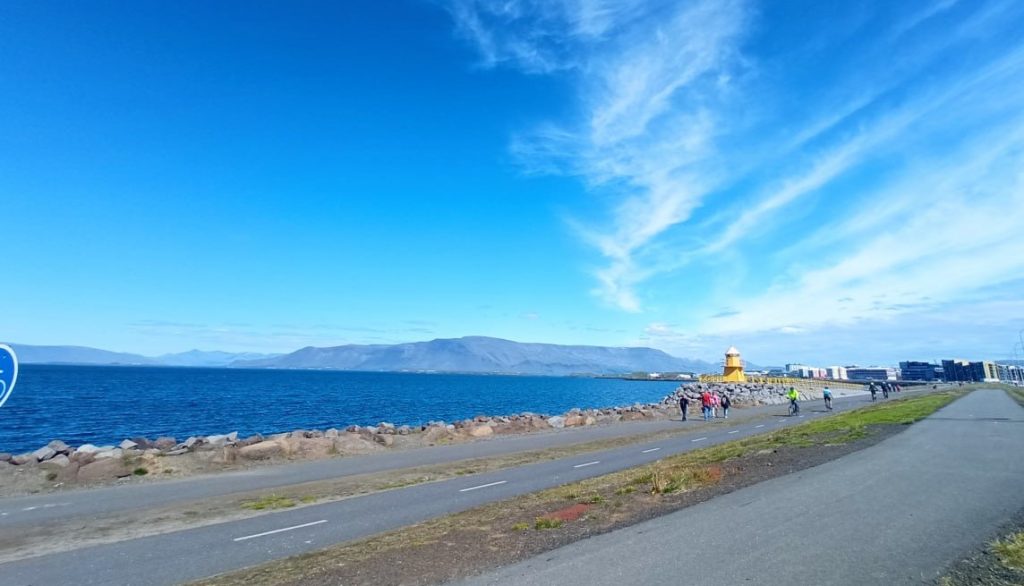
Research and observe!
I knew Iceland would be extremely expensive. When I got to my flat, I started to explore the shops around. I found the chain where I bought almost the same basket as in Lithuania. And it was quite on the same price.
Of course, it is a good thing to explore what kind of weather you will experience in your new country (no regrets I took my winter jacket with me AND sunscreen too. Funny thing is that even though it was raining a lot, literally no one used an umbrella).
Learn and do!
My work was based on the learning analytics projects, which in the beginning was hard, since I did have very basic skills in programming, and a lot of my activities were connected with it. So, most of the time I have spent studying or working. I am constantly surrounded by PhD students, who came to Iceland to conduct research from all around the world, and I love that I can learn more about the countries from other continents as well.
For me, this experience was important not only in developing my skills in learning analytics and research management but observing the daily life of PhD students. Of course, it might be different depending on the internship context, but I would never expect I would learn so much about PhD from my experience as well. It is beneficial to reflect on your experience after it’s done.
Don’t forget to request needed papers from your supervisor! It must be clear to you what kind of documents you need to collect. For instance, all documents before my internship were just fine to be in e-format. But not the final one – that one should be delivered to the international office with the original stamp. So, a wonderful thing that I have learnt from my Erasmus academic experience – is to request two copies from your supervisor in the internship. Believe me, you don’t want to stress that the post has lost your papers, which cost 300–600 euros. Not at all!
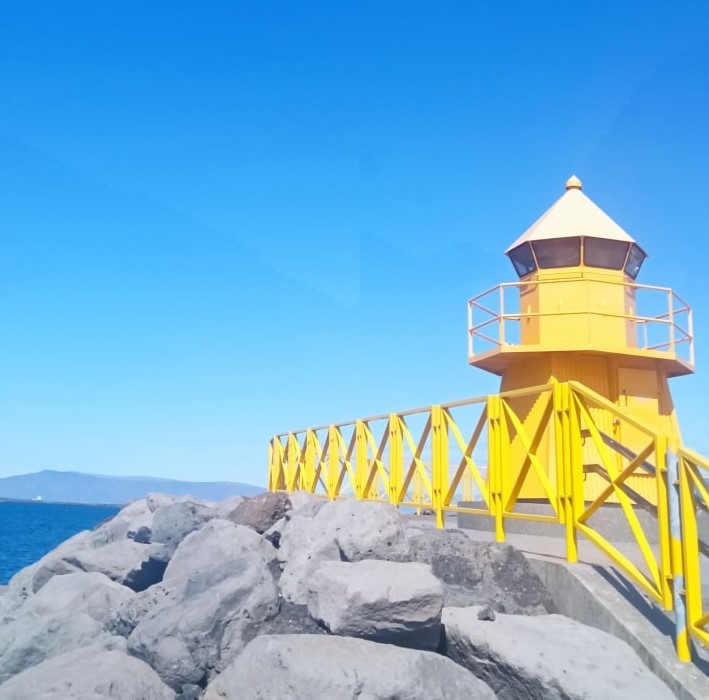
Overall, Erasmus Recent Graduate Internship so far is the last Erasmus experience for me, and it was one of the types which I have not experienced. Among all the volunteer ships, training and youth exchanges, the internship was the toughest one, because I had to dedicate a lot of time to research papers and technologies. Yet it was the most beneficial in developing my skills.












